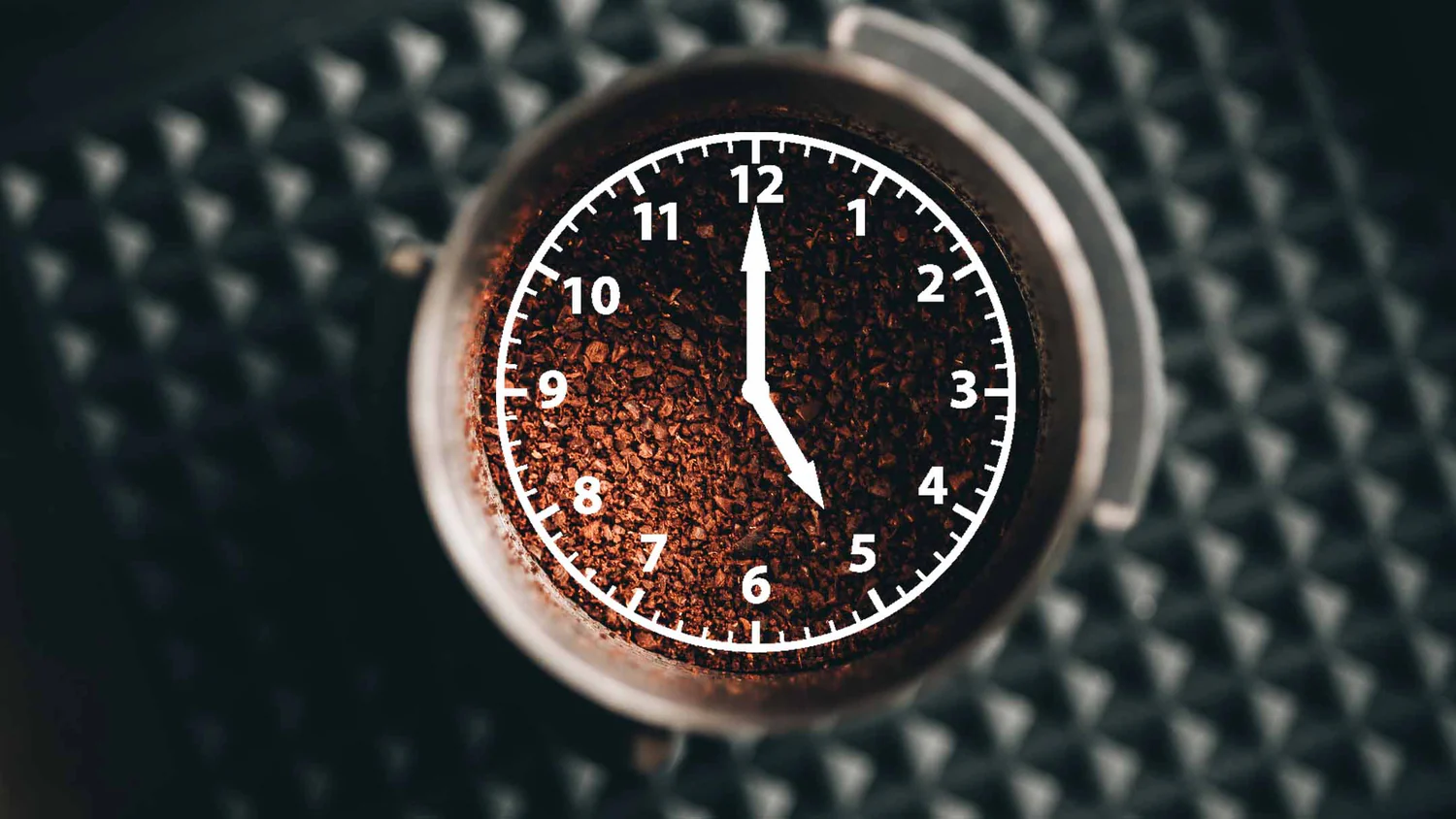Are you confused about drinking coffee for health? Do you drink coffee during work or when you are very tired? Are you harming yourself by drinking coffee? Or are you doing good for your body by drinking coffee? Here is information about what is coffee for health

Introduction
While many researchers hint that coffee might have a dark side some researchers say coffee may have actually health benefits. A new study by the University of Coimbra says that caffeine, polyphenols and other natural products found in coffee may reduce many diseases. Let’s know what they are the function of coffee in our body and whether it is good or bad for our health.

We all know coffee is a beverage that boosts our energy and makes us focused on our work. Many people like to have coffee when they wake up in the morning. This article may help you to decide when the right time you can have your coffee.
Table of Contents
Benefits of Coffee
Coffee is one of the most popular beverages worldwide, enjoyed not only for its rich flavor but also for its numerous health benefits. One of the primary advantages of coffee is its ability to boost energy levels. The caffeine in coffee acts as a stimulant, helping to improve focus, alertness, and cognitive function.
Research suggests that moderate coffee consumption may lower the risk of several chronic diseases. Studies have linked coffee to a reduced risk of type 2 diabetes, Alzheimer’s disease, and Parkinson’s disease. Additionally, coffee is rich in antioxidants, which help combat oxidative stress and inflammation in the body.
Another benefit of coffee is its potential to enhance athletic performance. Caffeine can increase adrenaline levels, improving physical endurance and performance during workouts.
Moreover, coffee may also promote liver health, with studies indicating that regular consumption can lower the risk of liver diseases, including cirrhosis.
However, it’s important to enjoy coffee in moderation, as excessive intake can lead to negative side effects, such as anxiety or sleep disturbances. Overall, when consumed responsibly, coffee can be a delightful and beneficial addition to a healthy lifestyle.

1. Coffee for Type 2 Diabetes
Coffee may provide several benefits for those at risk of or living with type 2 diabetes. Research indicates that regular coffee consumption is associated with a lower risk of developing the condition. The antioxidants and anti-inflammatory compounds in coffee may improve insulin sensitivity, helping the body use insulin more effectively. Additionally, caffeine can boost metabolism, which may aid in weight management—an important factor in diabetes control. While more studies are needed to fully understand the relationship, moderate coffee consumption can be a tasty and beneficial addition to a balanced diet for individuals concerned about type 2 diabetes.
2. Coffee for Parkinson
Coffee may offer protective benefits against Parkinson’s disease, a neurodegenerative disorder that affects movement. Research has shown that caffeine consumption is associated with a lower risk of developing Parkinson’s. The stimulating properties of caffeine can enhance dopamine production, a neurotransmitter crucial for motor control. Additionally, studies suggest that regular coffee drinkers may experience a slower progression of the disease once diagnosed. The antioxidants in coffee also contribute to reducing inflammation and oxidative stress, which are linked to neurodegeneration. While coffee is not a cure, its potential benefits make it a valuable addition to a healthy lifestyle.
3. Coffee for Liver Cancer
Research suggests that coffee may play a protective role against liver cancer. A study suggested that consuming 2-3 cups of coffee daily reduces the risk of developing hepatocellular carcinoma and chronic liver disease. The antioxidants found in coffee, such as polyphenols, may help reduce inflammation and combat oxidative stress in liver cells. Additionally, coffee has been linked to improved liver enzyme levels, indicating better liver function. While coffee is not a cure for liver cancer, its potential protective effects make it a beneficial addition to a healthy lifestyle. As always, moderation and a balanced diet are essential for overall health.
4. Coffee for weight management
Coffee can be a helpful ally in weight management. Its caffeine content boosts metabolism, enhancing the body’s ability to burn fat. Studies suggest that caffeine can increase energy expenditure, leading to more calories burned throughout the day. Additionally, coffee may suppress appetite, reducing cravings and helping individuals control their calorie intake. The beverage is also low in calories when consumed without sugar or cream, making it a smart choice for those looking to maintain or lose weight. However, moderation is key; excessive coffee consumption can lead to negative effects, so balance is essential for optimal results.
Some bad impacts of consuming coffee
Everything has its pros and cons. Coffee is one of the most widely consumed beverages in the world, cherished for its rich flavor and energizing effects. However, while moderate consumption can offer various health benefits, excessive coffee intake can lead to several negative impacts on health. Understanding these potential downsides is crucial for making informed choices about coffee consumption.

1. Increased Anxiety and Jitters
One of the most immediate effects of caffeine, the active ingredient in coffee, is its stimulating impact on the central nervous system. While this can enhance alertness, excessive caffeine can lead to heightened anxiety, restlessness, and nervousness. Many individuals experience symptoms like jitteriness and an increased heart rate after consuming too much coffee. For those prone to anxiety disorders, these effects can be particularly pronounced, potentially exacerbating existing conditions.
2. Sleep Disturbances
Caffeine is known to interfere with sleep patterns. Consuming coffee, especially in the afternoon or evening, can disrupt the body’s natural circadian rhythm. This can lead to difficulties falling asleep, reduced sleep quality, and overall fatigue. Chronic sleep deprivation can contribute to various health issues, including impaired cognitive function, weakened immune response, and an increased risk of chronic diseases.
3. Digestive Issues
For some individuals, coffee can be harsh on the digestive system. It stimulates the production of stomach acid, which can lead to gastrointestinal discomfort, including acid reflux and heartburn. People with sensitive stomachs or conditions like gastroesophageal reflux disease (GERD) may find that coffee exacerbates their symptoms. Additionally, the laxative effect of coffee can lead to increased bowel movements, which might be problematic for some.
4. Addiction and Withdrawal Symptoms
Regular coffee consumption can lead to physical dependence on caffeine. For many, skipping their daily coffee can result in withdrawal symptoms such as headaches, fatigue, irritability, and difficulty concentrating. These symptoms can vary in intensity and duration, often making it challenging for habitual coffee drinkers to reduce their intake.
5. Increased Heart Rate and Blood Pressure
Caffeine consumption can lead to a temporary increase in heart rate and blood pressure. While this effect is usually mild for most people, individuals with pre-existing heart conditions or hypertension should approach coffee with caution. Excessive caffeine intake can contribute to heart palpitations and other cardiovascular issues over time.
6. Impact on Bone Health
Some studies suggest that high caffeine consumption may negatively impact bone health. Caffeine can interfere with calcium absorption, potentially leading to decreased bone density and an increased risk of osteoporosis, particularly in postmenopausal women. While moderate coffee consumption is generally considered safe, excessive intake may warrant attention for those concerned about bone health.
7. Potential for Increased Cholesterol Levels
Certain studies have indicated that drinking unfiltered coffee, such as French press or espresso, may raise cholesterol levels. This is due to the presence of compounds like cafestol and kahweol, which can increase LDL cholesterol. For individuals with high cholesterol or cardiovascular concerns, it may be wise to monitor coffee consumption and choose filtered options.
Would it be better if we set a time to have coffee?

All of us are probably coffee lovers here. Coffee is a cherished beverage for many, celebrated for its rich flavor and energizing effects. However, the timing of your coffee consumption can significantly influence its benefits. Knowing the optimal times to enjoy coffee can enhance its positive effects, improve productivity, and help you maintain overall well-being. Though drinking coffee depends on your personal choice having too much coffee at an odd time can make our body worse. Why not make a timetable which is a good time to drink coffee for health!! Here’s a closer look at when it’s best to drink coffee.
1. Morning Boost (6 AM to 9 AM)
The most common time for coffee consumption is in the morning. After a night of sleep, your cortisol levels, which help regulate energy, are naturally higher upon waking. Typically, cortisol peaks between 8 AM and 9 AM, making it less effective to drink coffee during this period. However, waiting until around 9 AM can be ideal. At this point, cortisol levels begin to drop, and a cup of coffee can provide a much-needed energy boost to kickstart your day.
2. Mid-Morning Energy (9 AM to 11 AM)
Following your morning routine, coffee can be particularly beneficial between 9 AM and 11 AM. This timeframe is when many people start to experience a dip in energy and focus. A cup of coffee during this period can help enhance alertness and improve concentration, making it an excellent choice for those engaged in mentally demanding tasks or morning meetings.
3. Post-Lunch Slump (1 PM to 3 PM)
The post-lunch slump is a well-known phenomenon where energy levels drop after a heavy meal. Consuming coffee around 1 PM to 3 PM can combat this fatigue. The caffeine in coffee stimulates the central nervous system, helping you stay alert and focused as the afternoon progresses. This timing can also help counteract the natural dip in energy that occurs in many individuals during this period.
4. Pre-Workout Fuel (30 Minutes Before Exercise)
For those who exercise regularly, drinking coffee about 30 minutes before a workout can enhance performance. Caffeine can increase adrenaline levels, improving endurance and physical performance. It may also help reduce the perception of effort, making workouts feel easier. Whether it’s a run, a gym session, or a group class, a pre-workout coffee can give you the boost you need to maximize your efforts.
5. Avoiding Late Afternoon and Evening (After 4 PM)
While coffee can be enjoyed throughout the day, it’s essential to be mindful of timing in the late afternoon and evening. Consuming coffee after 4 PM can interfere with sleep patterns, particularly for those sensitive to caffeine. It’s generally advisable to avoid coffee at least six hours before bedtime to ensure that it does not disrupt your sleep quality. For optimal sleep, consider switching to herbal teas or other caffeine-free beverages in the evening.
6. Mindful Consumption
Lastly, it’s important to note that individual tolerance to caffeine varies. Some people may be more sensitive to its effects, experiencing anxiety or insomnia even with moderate consumption. Listening to your body and adjusting your coffee intake accordingly is crucial. If you find that coffee negatively affects your sleep or causes jitters, consider reducing your intake or changing the times you consume it.
Conclusion
The timing of coffee consumption can significantly influence its benefits and effects. The best times to enjoy coffee include mid-morning, post-lunch, and before workouts, while avoiding late afternoon and evening consumption for better sleep quality. By being mindful of when you drink coffee, you can maximize its positive effects on energy, focus, and performance. Ultimately, enjoying coffee at the right times can enhance your overall experience and help you make the most of this beloved beverage.

